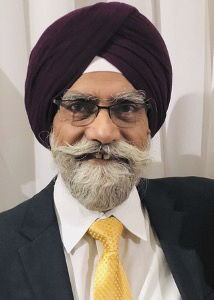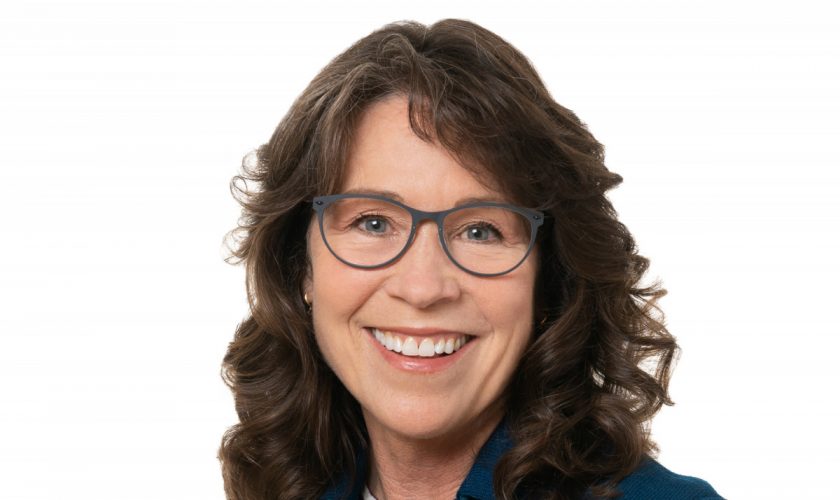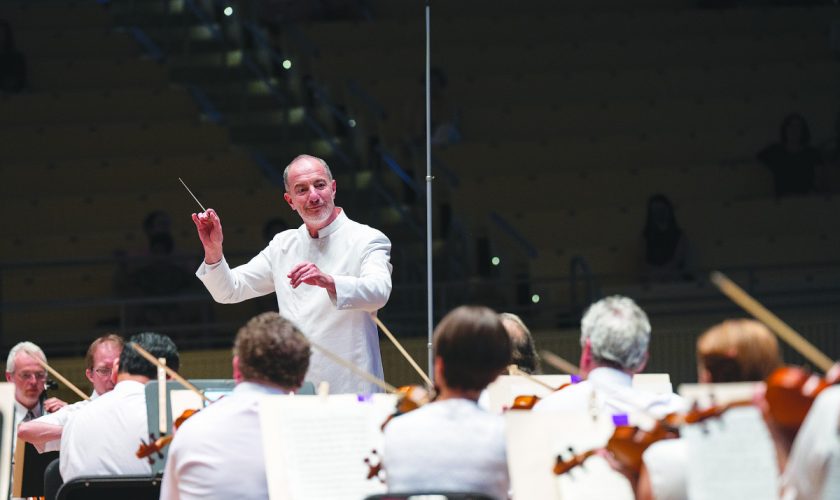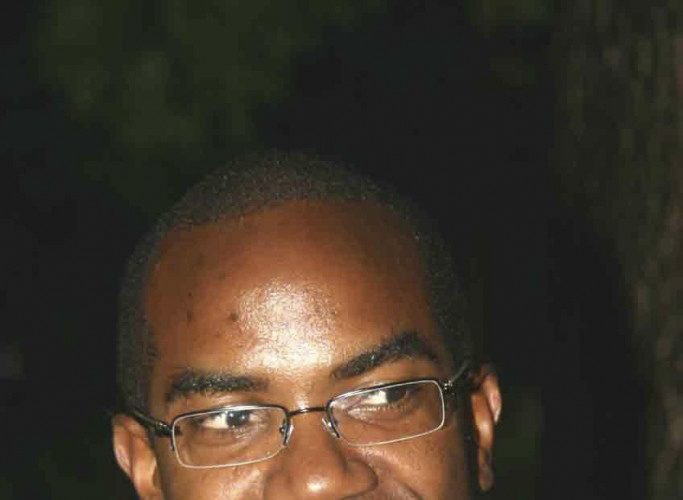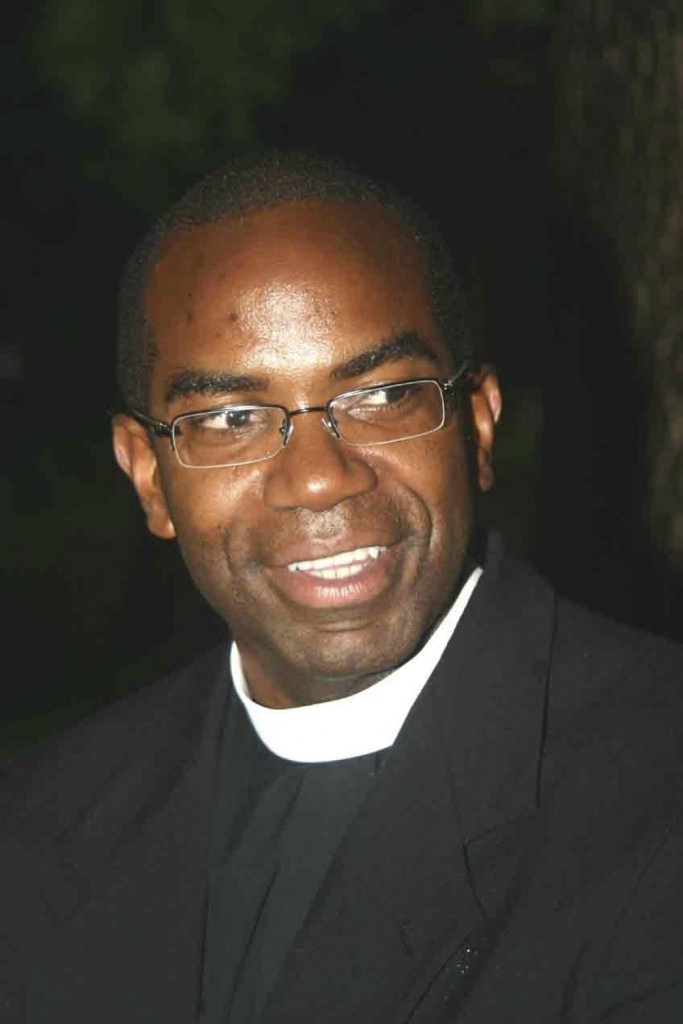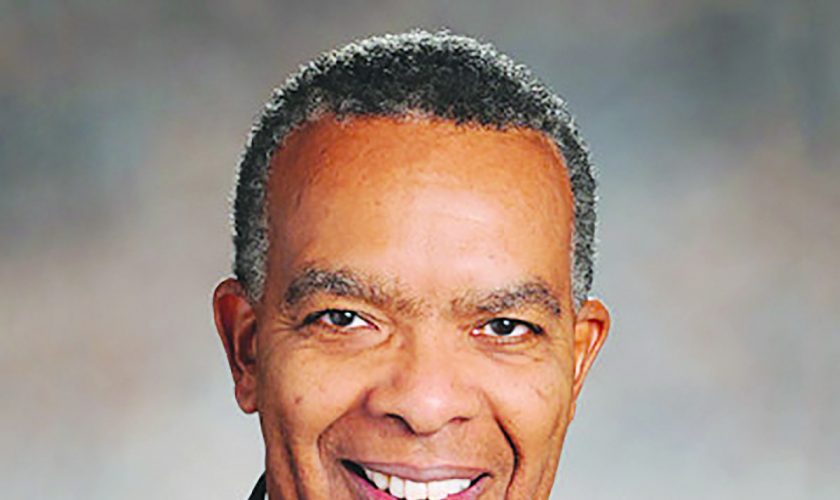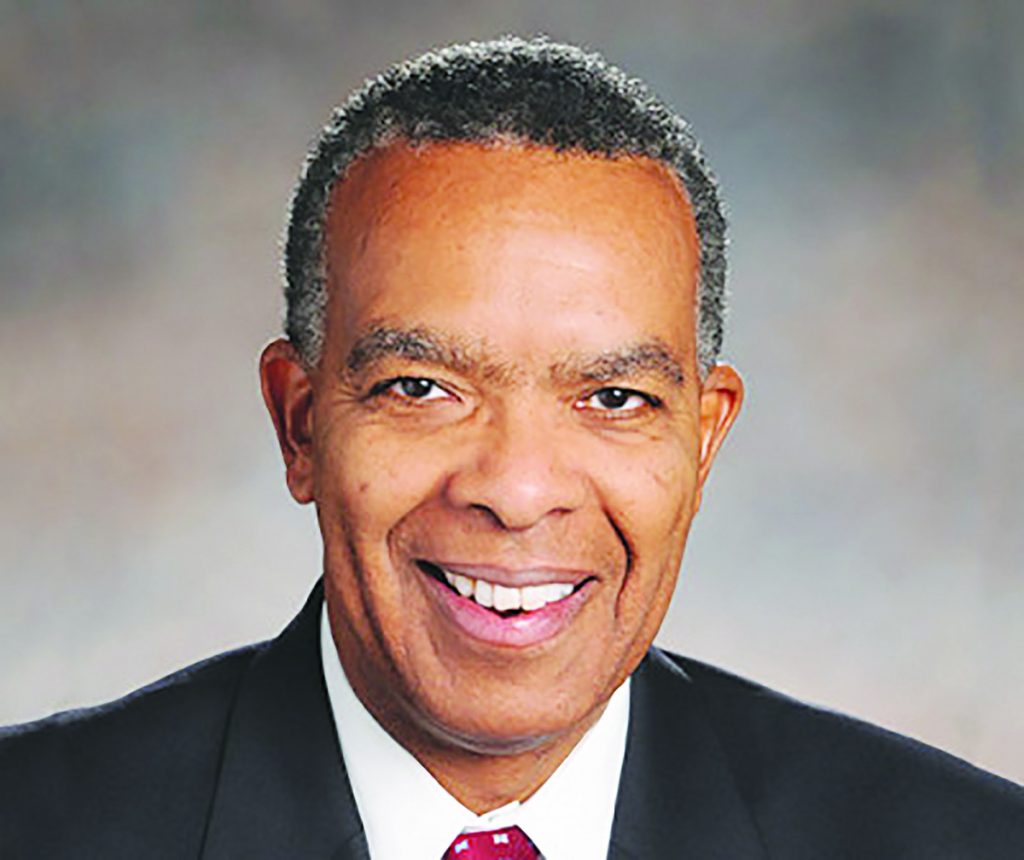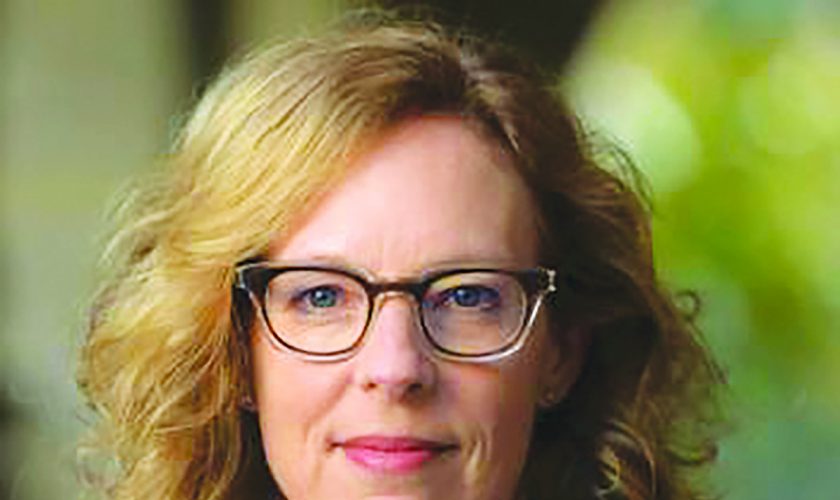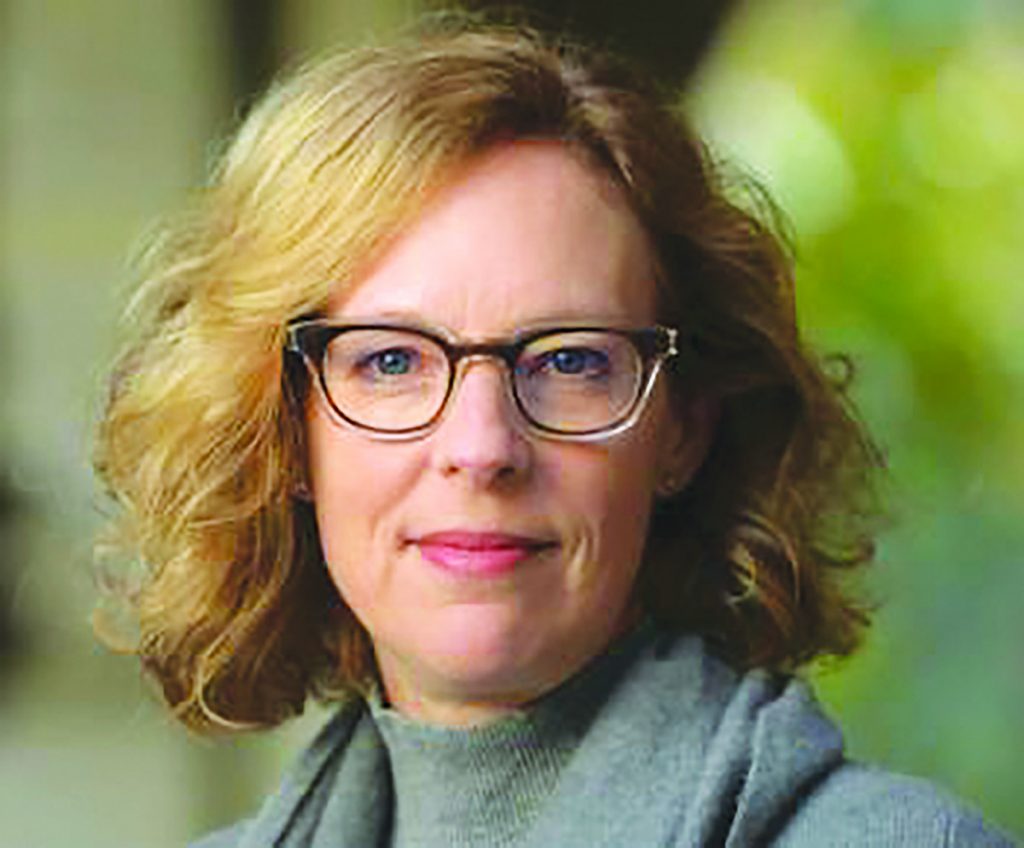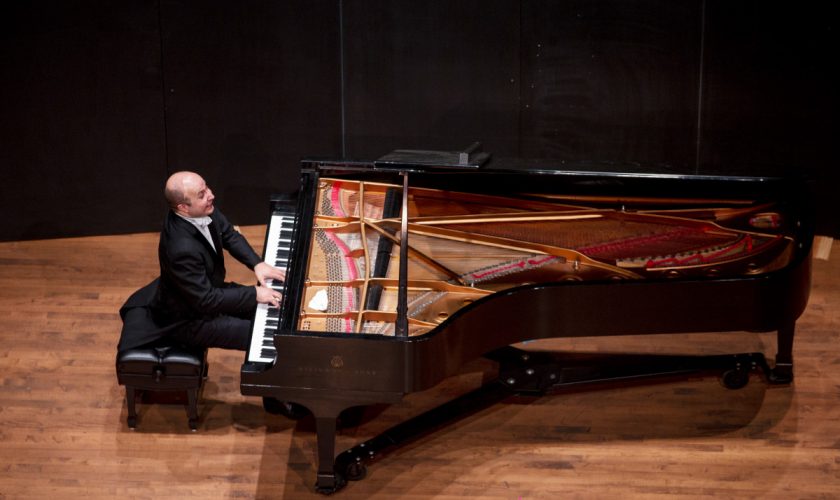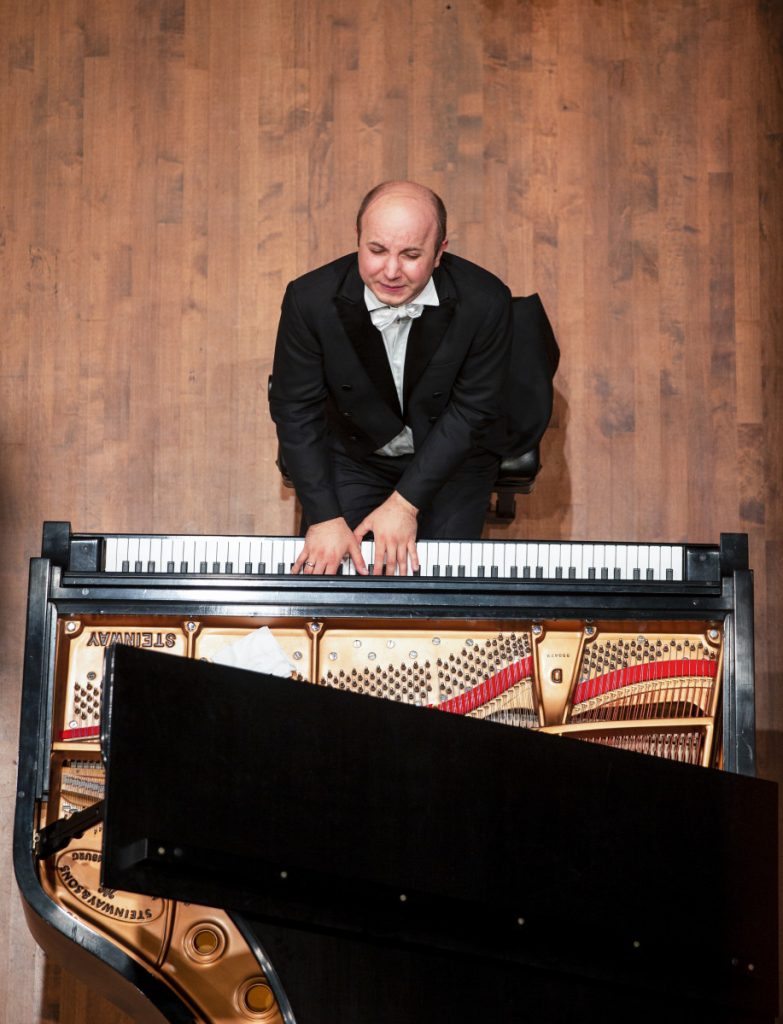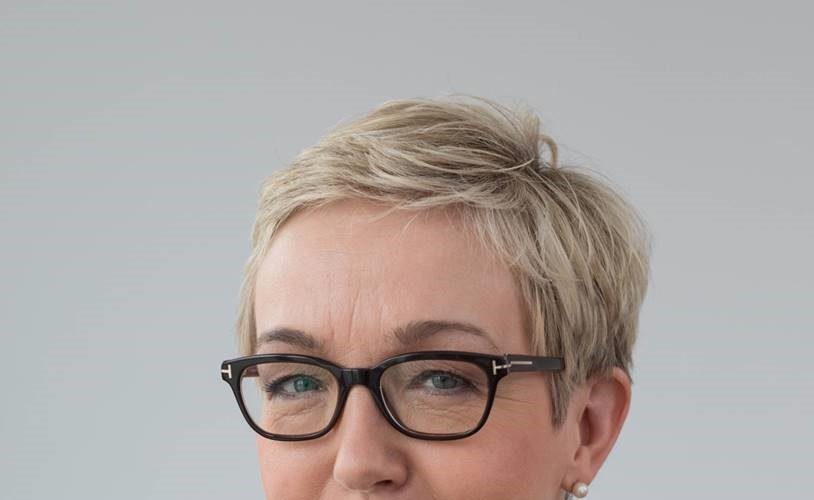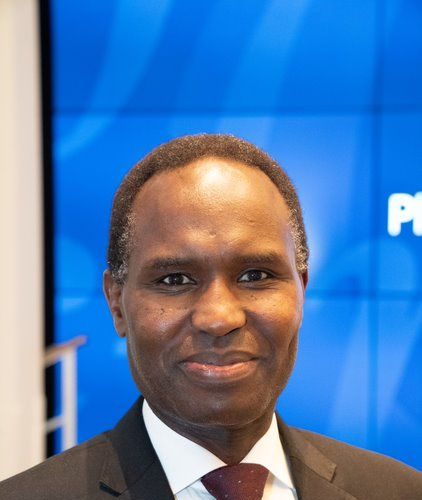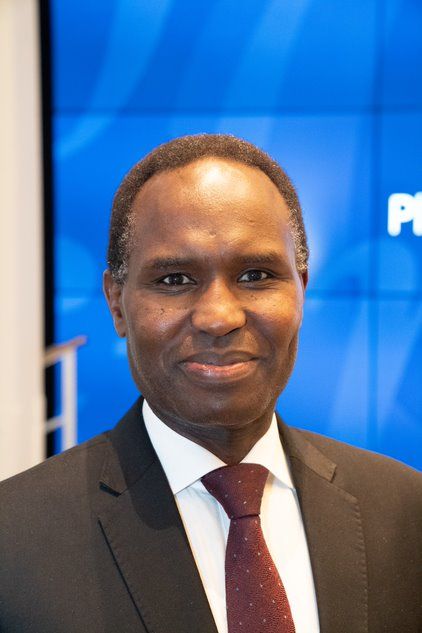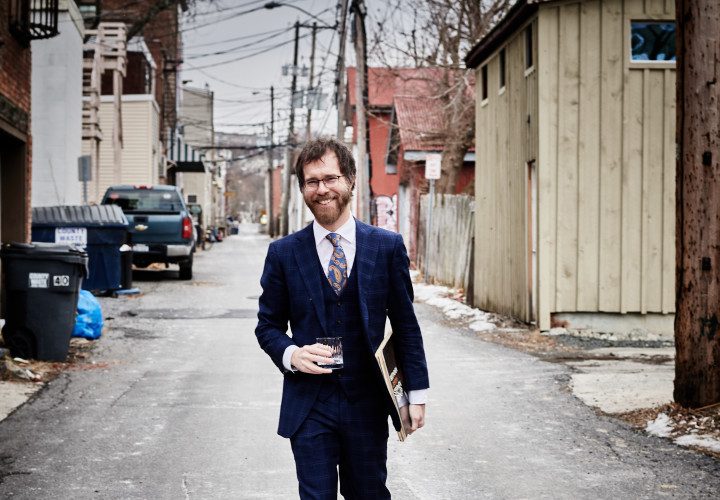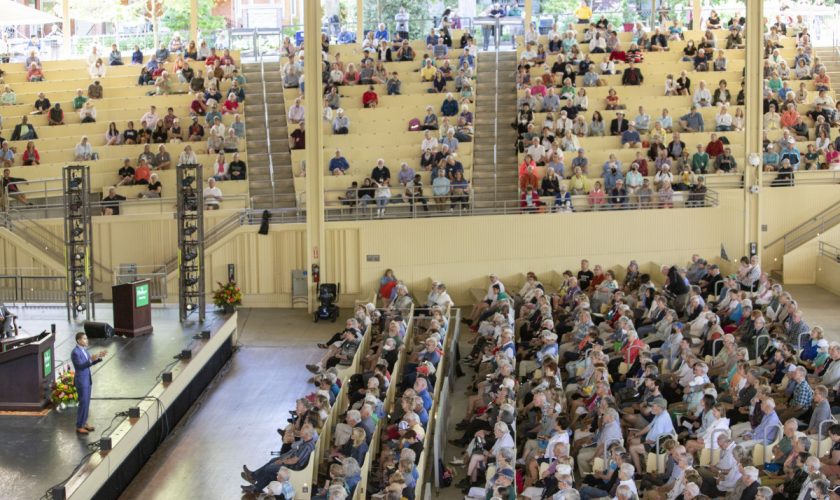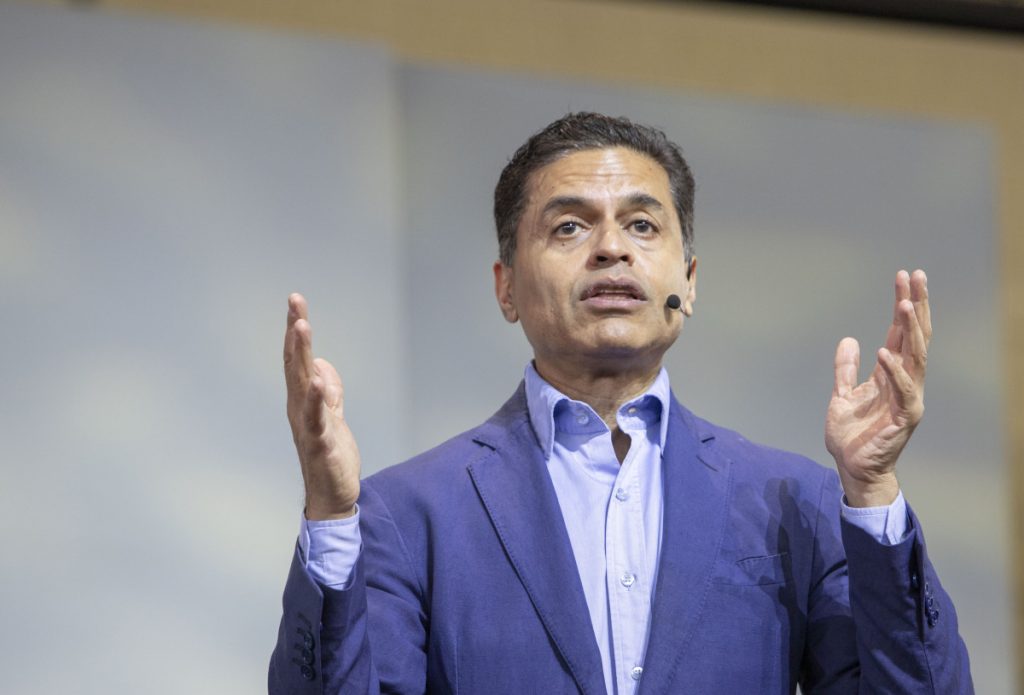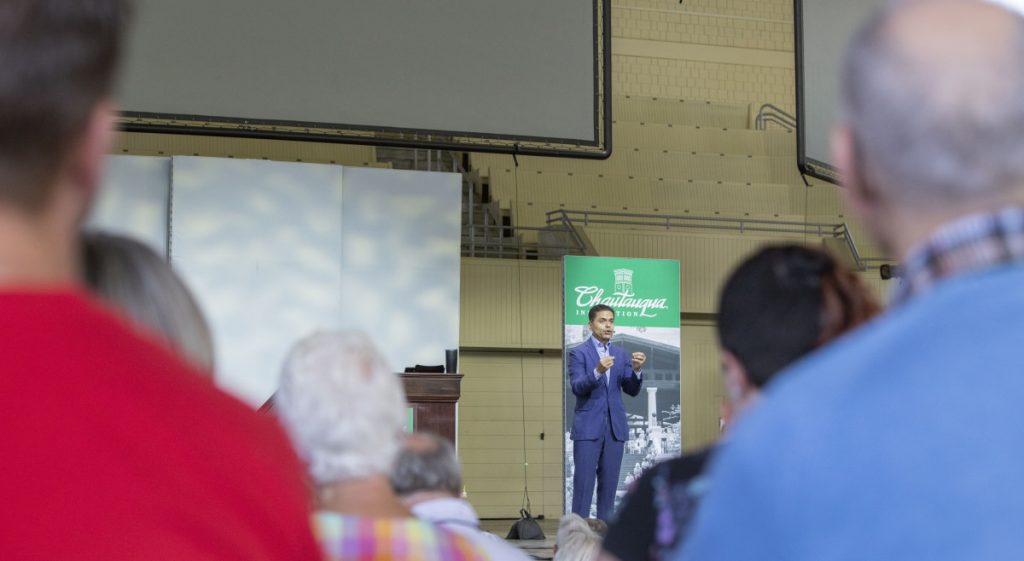After a week of looking at America’s relationships around the world, George Packer, author and staff writer for The Atlantic, will close out Week One by looking at America’s state of internal well-being. Packer is returning to Chautauqua for the first time since 2013 to close the Week One Chautauqua Lecture Series at 10:45 a.m. Friday, July 1, in the Amphitheater.
“His voice certainly stayed with us, and his work continues to be prescient and thoughtful,” said Matt Ewalt, vice president and Emily and Richard Smucker Chair for Education. “So, to have him back at this time with as divided an American public as we have … we’re honored to have him.”
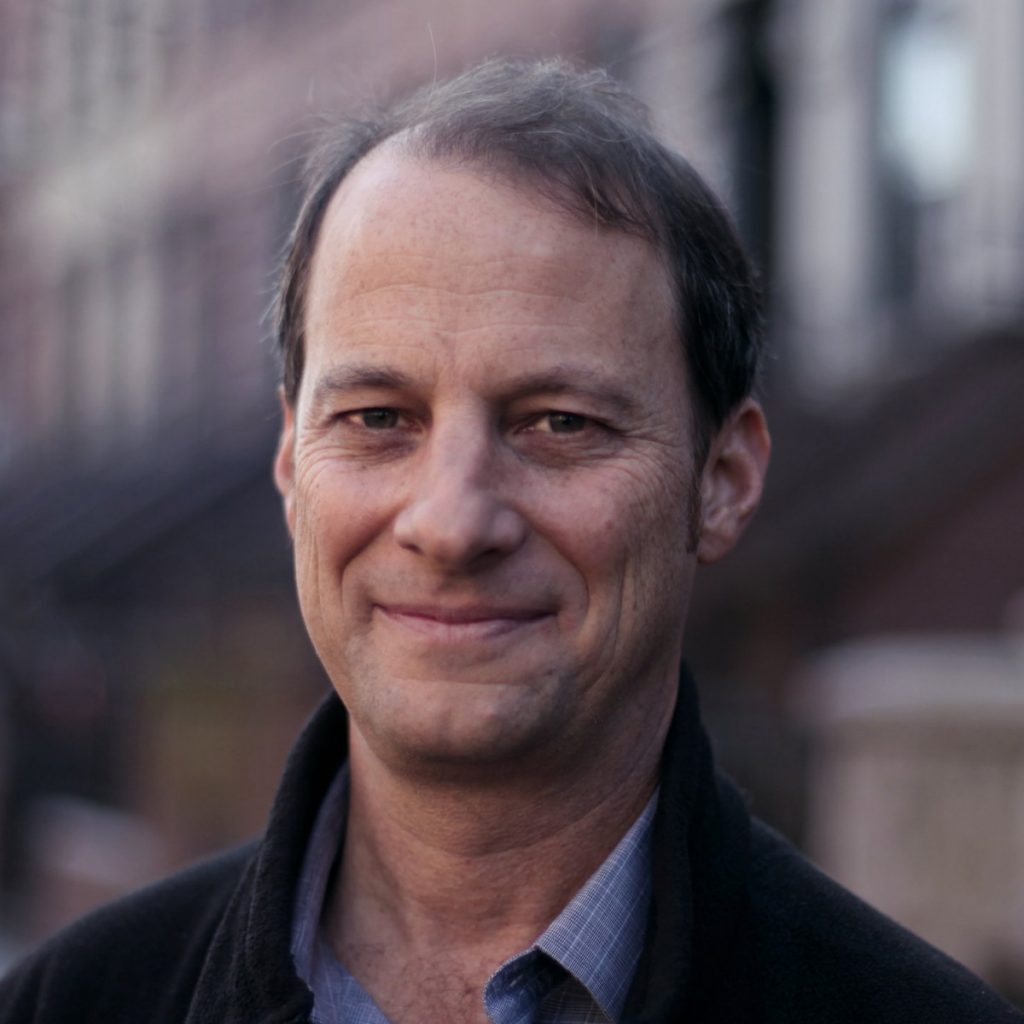
Packer will reflect on the question “What Should be America’s Role in the World?” by discussing ideas from his most recent book, Last Best Hope: America in Crisis and Renewal.
“I’ll talk about how the upcoming elections reflect the divisions that I write about in my book,” Packer said. “I’ll talk about reasons why the divisions remain so deep and policy ideas that I think could be helpful to the country but at the moment don’t seem to stand much chance of becoming reality.”
Packer wrote his last book throughout the pandemic and published it in summer 2021. Though much has changed since then, Packer believes the premise is the same. But, he’s admittedly “more pessimistic today than (he) was a year ago, when the book was published, about the chances of resolving some of our problems.”
The main analysis throughout his book focuses on what he calls the four Americas and how the country has become more divided over the last half century.
The four Americas include Free America, Real America, Smart America and Just America. Free America is defined as economic conservatives and religious traditionalists whose organizing principle is a “Don’t Tread on Me” conception of liberty. Real America is described as white Christian nationalists who adhere to the principle of moral equality and resent experts and bureaucrats. Smart America is considered the winners of the new economy’s meritocratic competition for wealth and status. Just America is identity politics with race being its core. These Americas, he posits, represent a broken promise of democratic equality, rather than “the equality of Americans as citizens, as people with aspirations, and people who seek opportunity,” Packer said. “We know that America has never been an equal society, but its desire to have access to all the opportunities of life as much as anyone else, that is the animating desire of Americans and is a central feature of our democracy.”
Ewalt said that after a week of looking outwards, Packer will pivot inwards.
“We saw this as an opportunity to reflect inward and to ask ourselves how can and how should the broader American public show up to the world,” Ewalt said. “George Packer’s recent work has been looking at our current condition as an American public, which has deep polarization, skepticism and cynicism … and helps diagnose the state of that polarization, and makes a case for a national renewal.”


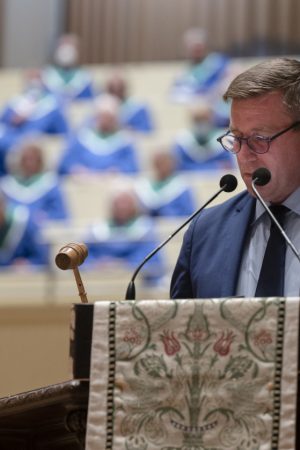
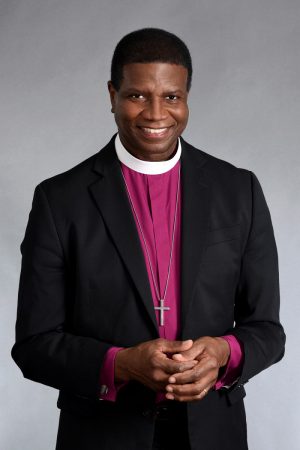
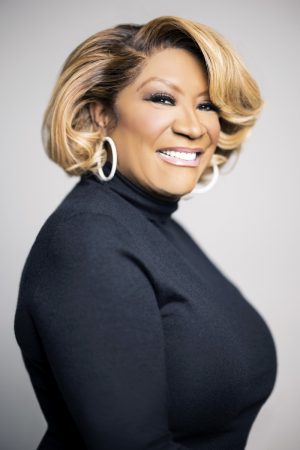
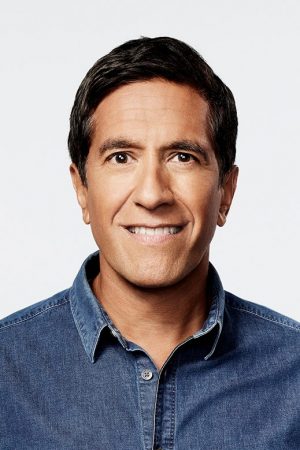
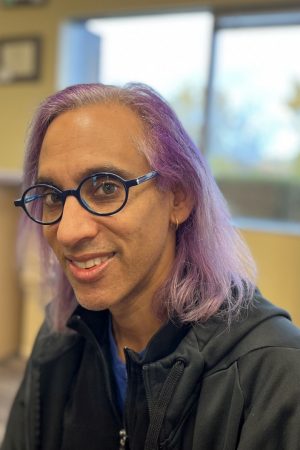
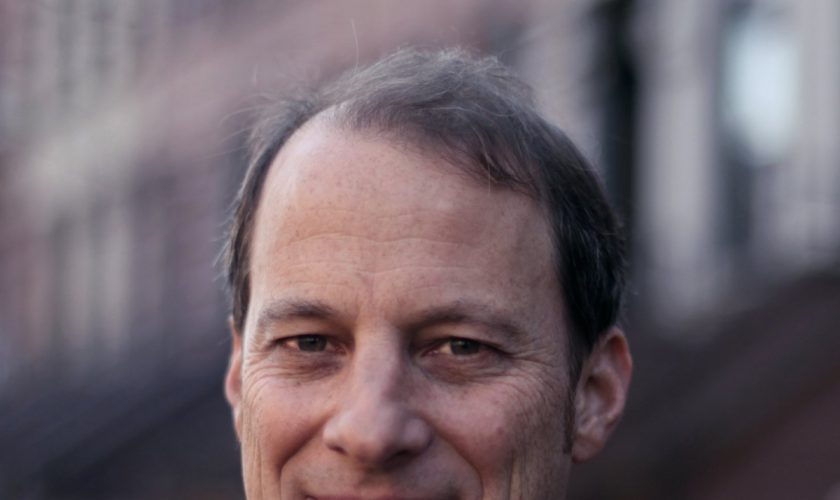


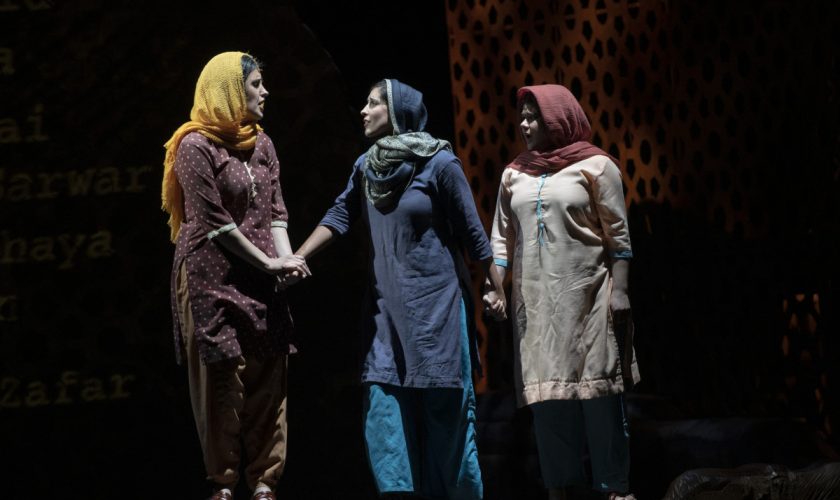
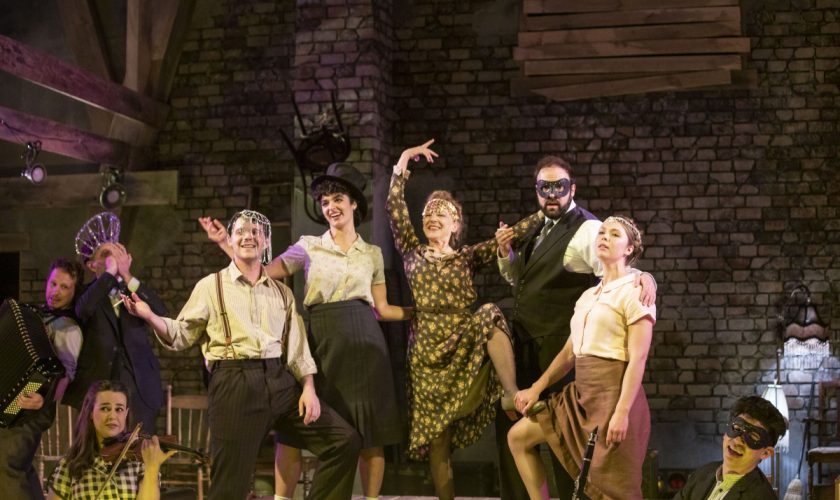
![Hirshfield_Jane_CLSC_063022 – Nick Rozsa_hirez[3]](https://chqdaily.com/wp-content/uploads/2022/06/Hirshfield_Jane_CLSC_063022-Nick-Rozsa_hirez3-796x500.jpg)
